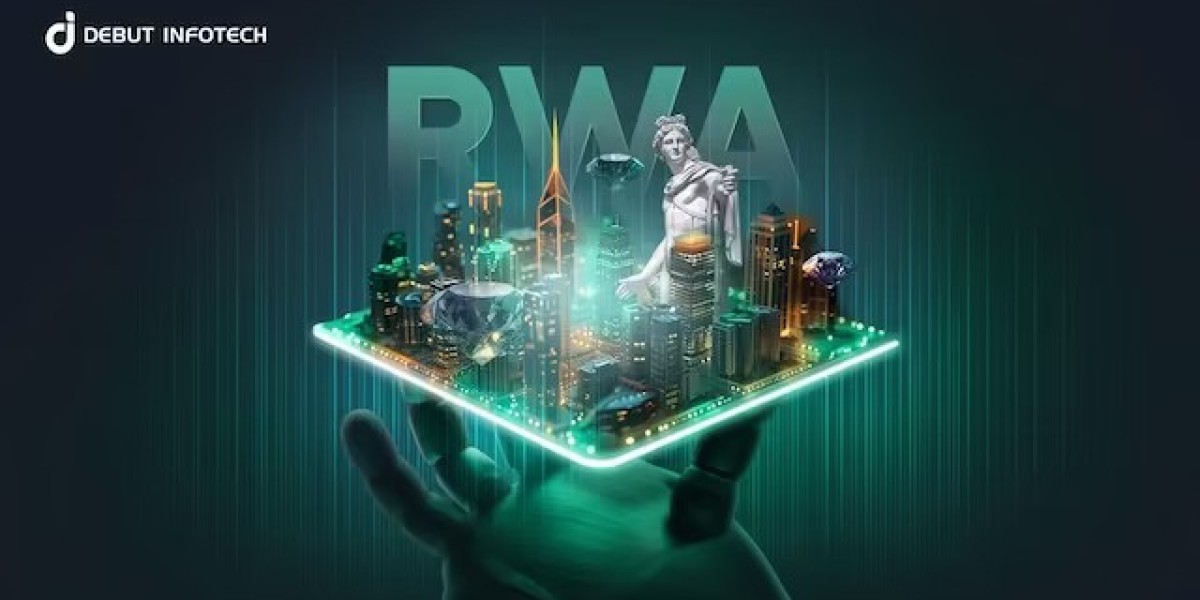The tokenization of real world assets (RWAs) is revolutionizing the financial landscape by converting physical and intangible assets into digital tokens on the blockchain. This innovation enhances liquidity, security, and accessibility across various industries.
What is Asset Tokenization?
Asset tokenization is the process of representing ownership rights of real-world assets—such as real estate, commodities, stocks, or art—in the form of blockchain-based tokens. These tokens can be traded seamlessly on digital platforms, making previously illiquid assets more accessible to global investors.
Benefits of Tokenizing RWAs
- Increased Liquidity – Tokenization allows fractional ownership, enabling smaller investments and a broader investor base.
- Enhanced Transparency – Blockchain ensures tamper-proof records, reducing fraud and disputes.
- Lower Costs – Smart contracts automate transactions, eliminating intermediaries and reducing processing fees.
- Global Accessibility – Investors worldwide can participate, breaking down geographical barriers.
Use Cases of Tokenized Assets
- Real Estate – Fractional ownership of properties via blockchain.
- Fine Art Collectibles – Digital proof of ownership for unique assets.
- Commodities – Tokenized gold, oil, or other natural resources.
As blockchain adoption grows, tokenization is set to redefine how assets are owned, traded, and invested in—making finance more inclusive and efficient.







